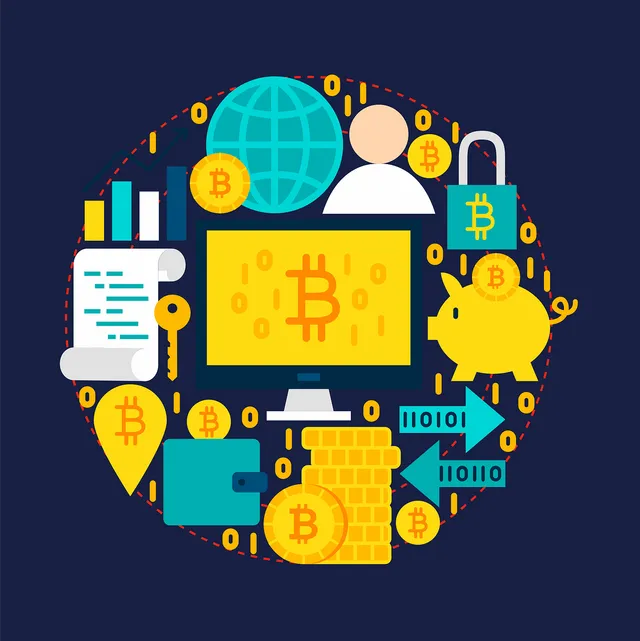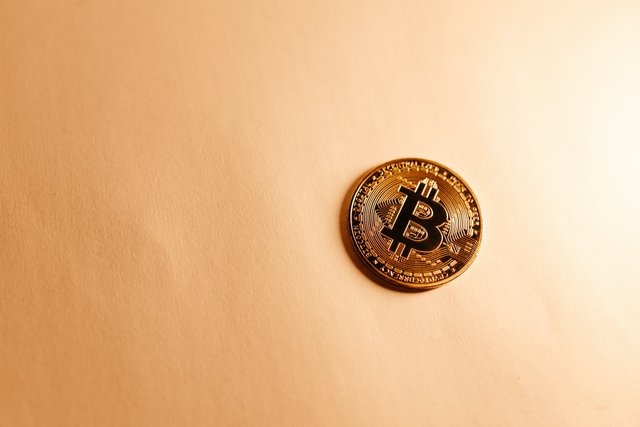Blockchain and Voting : New Possibilities for Democracy
Assalamu Alaikum
Blockchain technology is not limited to cryptocurrencies; it has the potential to transform democracy by bringing transparency and security to the electoral process. Traditional voting systems are often criticized for fraud, miscounting, and lack of voter trust. Blockchain can address these issues because its immutable and decentralized nature forms the basis for a credible voting system.
Traditional voting systems have several weaknesses that undermine people’s trust in democracy.
Risk of fraud : There is a risk of ballot box or voting machine tampering, vote buying, or deliberate vote counting errors.
Lack of transparency : The vote counting process is usually not fully open to the public, which raises questions about the transparency of the results.
Centralized control : The election commission or a specific authority controls the entire process, which creates opportunities for errors or corruption.
Loss of voter trust : Disputes over election results create a crisis of trust among voters.
Blockchain technology can be an ideal solution for voting systems due to some of its key features.
Transparency and immutability : In a blockchain system, each vote is recorded as an encrypted block and once added to the blockchain, it cannot be changed or deleted. This makes each vote transparent and verifiable.
Security : The decentralized nature of blockchain reduces the risk of hacking and cyberattacks. Since data is not stored on a single server, a hacker would have to hack most of the computers in the entire network, which is practically impossible.
Voter Identity Verification : Using blockchain, voter identity can be verified through a secure digital wallet. This ensures that each voter can only vote once.
Voter Privacy : In a blockchain voting system, each vote is encrypted and separated from the voter’s personal identity, ensuring voter privacy.
There are various models for implementing blockchain-based voting systems.
Mobile Voting : Voters can vote from their smartphones through a secure mobile app using blockchain technology.
Online Voting Platforms : Some countries or organizations are testing blockchain-based online voting platforms, where voters can vote from a specific website. However, there are also some significant challenges in implementing blockchain voting systems.
Technical Complexity : These systems are still new, and their usage may be somewhat complicated for ordinary voters.
Cost : Building and maintaining blockchain infrastructure can be quite expensive.
Legal and regulatory barriers : Existing laws in many countries are not compatible with digital voting systems, which creates obstacles to their widespread implementation.
Although blockchain voting systems are still in the experimental stage, their potential is huge. If these challenges can be overcome, blockchain technology can help make our democracy more secure, transparent, and effective. Today's discussion concludes here. I hope you've found it interesting. Please share your thoughts on today's topic. Prayers for everyone. May everyone be well. Amen.


Twitter
https://x.com/BokhtiarMr90788/status/1965313461010968997?t=RnBdZ51EUnU-sDC4Vn-t5A&s=19
https://x.com/PussFi_FNDN/status/1965299986306122049?t=RnBdZ51EUnU-sDC4Vn-t5A&s=19
https://x.com/BokhtiarMr90788/status/1965313966680444992?t=A7xQtmwHqx_JD-BhYGbHmQ&s=19
https://coinmarketcap.com/community/post/367969371
This is a great article of Blockchain and Voting : New Possibilities for Democracy.